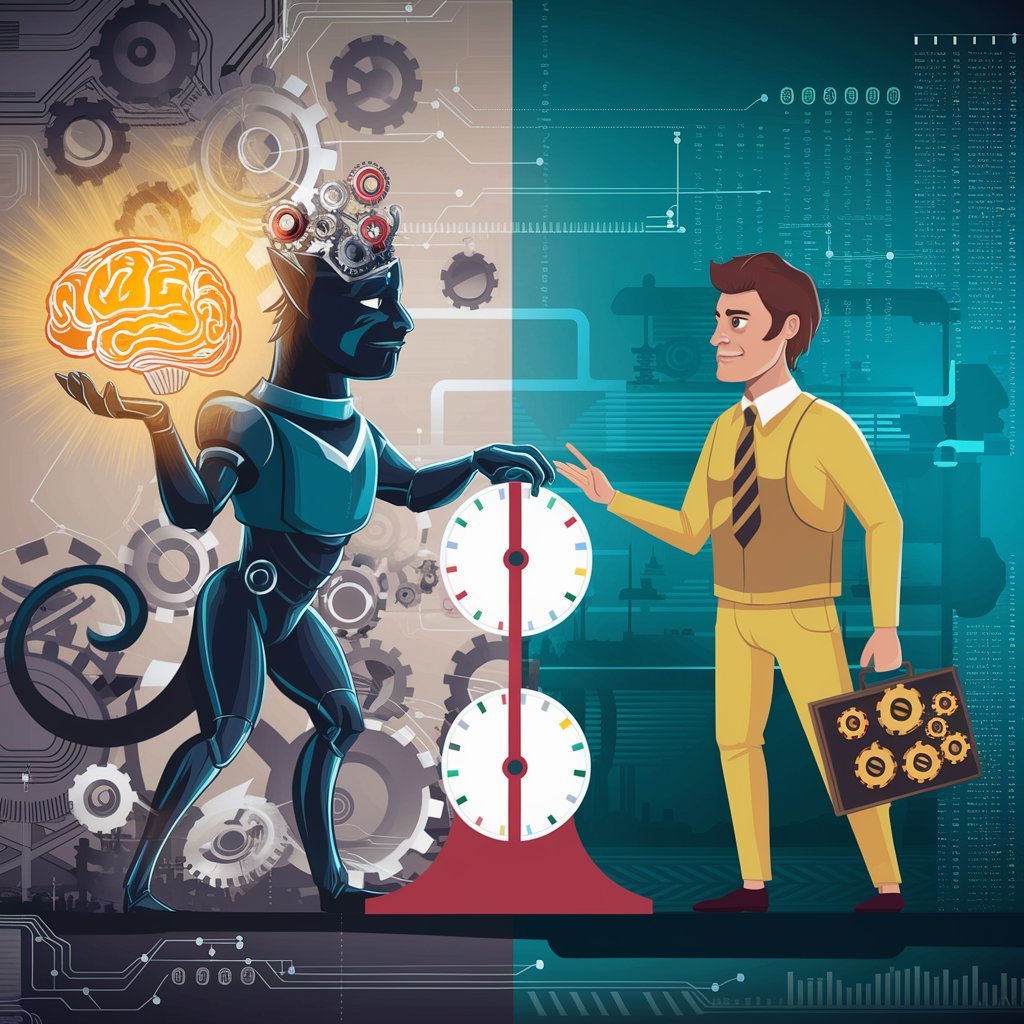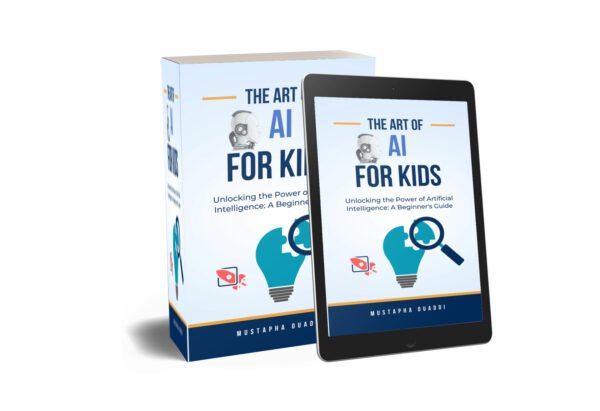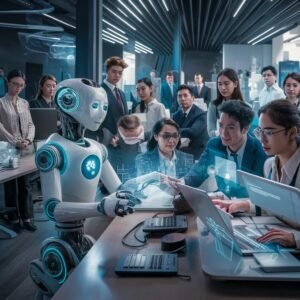AI For Kids
Embark on an exciting journey into the fascinating world of artificial intelligence (AI) with “AI Adventures.” This engaging ebook is designed to introduce children to the concepts, applications, and impact of AI in an accessible and fun way. Through interactive activities, inspiring stories, and hands-on projects, participants will discover the fundamentals of AI, explore real-world…
Introduction:
Artificial Intelligence (AI) has rapidly transformed various aspects of our lives, including how we work, communicate, and interact with technology. With the rise of AI technologies such as machine learning, natural language processing, and robotics, there are widespread discussions about the potential impact of AI on job markets. However, amidst the hype and speculation, it’s essential to separate myths from reality to understand the true implications of AI on employment. In this article, we’ll delve into the myths and realities surrounding the impact of AI on job markets.
Myth: AI will replace human jobs entirely. Reality:
While AI has the potential to automate repetitive tasks and augment human capabilities, it’s unlikely to replace human jobs entirely. Instead, AI is expected to transform job roles, create new opportunities, and increase productivity across various industries. While certain tasks may be automated, human creativity, critical thinking, emotional intelligence, and problem-solving skills remain invaluable and irreplaceable in many professions.
Myth: AI will lead to widespread unemployment. Reality:
While AI may disrupt certain industries and job roles, it also has the potential to create new jobs and industries. As AI technologies continue to evolve, there will be a growing demand for skilled professionals who can develop, implement, and manage AI systems, algorithms, and applications. Moreover, AI can augment human capabilities, improve efficiency, and unlock new opportunities for innovation and growth, leading to job creation in emerging fields such as data science, machine learning engineering, and AI ethics.
Myth: AI will only benefit large corporations, leaving small businesses and workers behind. Reality:
While large corporations may have greater resources to invest in AI research and development, AI technologies are becoming increasingly accessible and affordable for small businesses and individuals. Cloud-based AI platforms, open-source AI libraries, and AI-as-a-Service offerings enable businesses of all sizes to leverage AI capabilities without significant upfront investment. Moreover, AI has the potential to democratize access to information, education, and opportunities, empowering individuals to upskill, reskill, and thrive in the AI-powered economy.
Myth: AI will lead to job loss across all industries. Reality:
While certain industries may experience job displacement due to AI automation, others may see job growth and transformation. Industries such as healthcare, finance, retail, manufacturing, and transportation are leveraging AI technologies to enhance patient care, improve financial services, personalize customer experiences, optimize supply chains, and automate repetitive tasks. As AI adoption accelerates, there will be a growing demand for workers with skills in AI development, data analysis, cybersecurity, and human-AI collaboration.
Myth: AI will eliminate the need for human creativity and innovation. Reality:
While AI algorithms can analyze vast amounts of data, identify patterns, and generate insights, human creativity, intuition, and imagination remain essential for innovation. AI technologies can augment human creativity by providing new tools, techniques, and insights to inspire and support creative endeavors. Moreover, human-AI collaboration has the potential to unlock new opportunities for innovation by combining the strengths of AI algorithms with human ingenuity and expertise.
Conclusion:
The impact of AI on job markets is a complex and multifaceted issue that requires careful consideration of both myths and realities. While AI has the potential to automate certain tasks, transform job roles, and disrupt industries, it also creates new opportunities for job creation, economic growth, and societal advancement. By understanding the myths and realities surrounding the impact of AI on job markets, we can navigate the challenges and opportunities presented by the AI-powered future and ensure that AI technologies benefit individuals, businesses, and societies alike.






